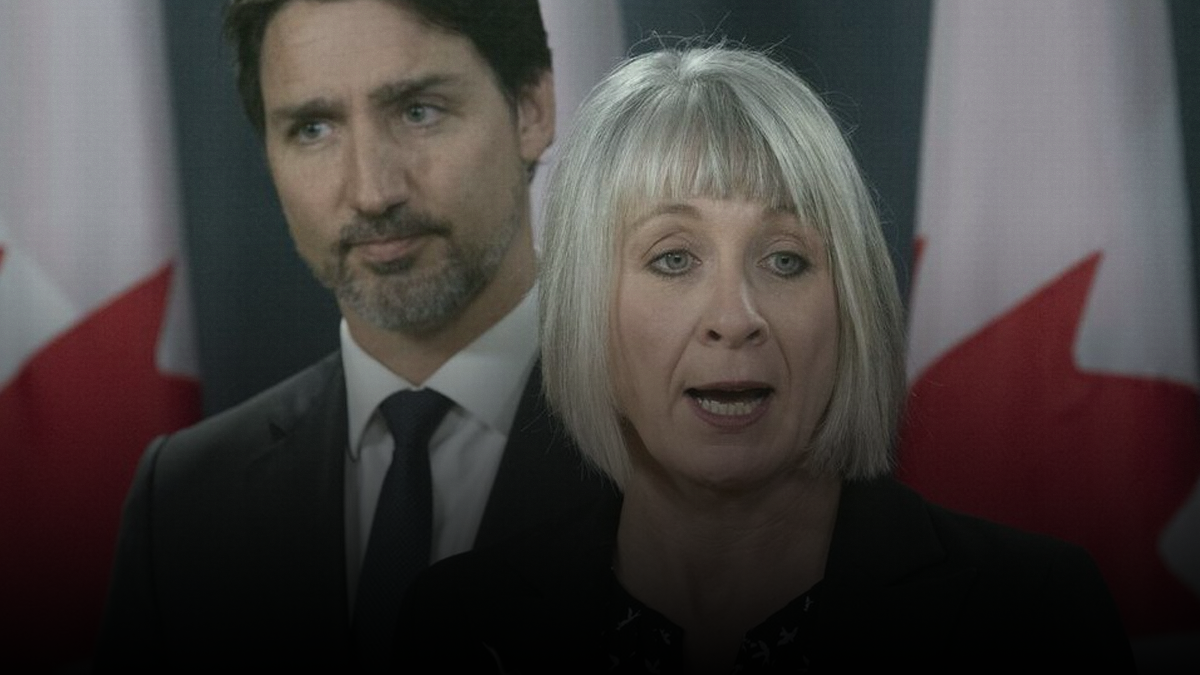The emergency supplies stockpile overseen by Canada’s Public Health Agency was so ill-equipped that expired medical goods were sent out by the federal agency to help provinces battle the coronavirus pandemic.
According to Blacklock’s Reporter, the stockpile was in such a poor state that over a million expired medical gowns were distributed by the Agency along with “guidance” on the use of expired N95 respirators and masks.
“The Agency is in the process of allocating approximately 1,400,000 expired gowns from the national emergency strategic stockpile,” wrote a staff memo.
“This includes guidance on the use of expired N95 respirators and masks.”
Under the guidance of the Liberal government, the failure to maintain an adequate supply of emergency equipment has cost Canadian taxpayers approximately $1.8 billion.
Disclosures by the Treasury Board reveal that the Canadian government has been forced to buy personal protective equipment at prices inflated by up to 380% due to the poor state of the stockpile.
During testimony before the House of Commons government operations committee, Chief Public Health Officer Dr. Theresa Tam admitted that there was not enough equipment in the stockpile to deal with a pandemic of such proportions.
Further, in 2019 the Liberals ordered that two million N95 masks and 440,000 pairs of gloves be thrown away and the National Emergency Strategic Stockpile warehouse in Regina was shut down without ever being refilled.
According to the Executive Director of the Public Health Association Ian Culbert, the government’s handling of the emergency stockpile has been its “largest failure” to date.
“I would say the national emergency stockpile is probably the largest failure as far as our response goes to date,” said Culbert during a testimony before the House of Commons Standing Committee on Health in April.
Critics have also accused the Liberals of mismanagement after deciding to ship 16 tonnes of personal protective equipment to China during the early stages of the pandemic.
“In hindsight, was it the best decision? Probably not. But I think it was made in good will with the best information available at the time,” said Culbert during the same committee appearance.
